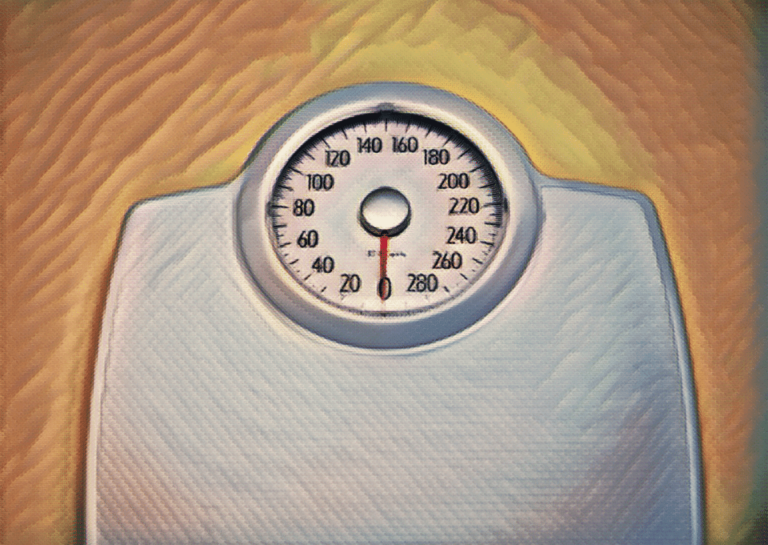With fitness facilities being closed and many people working from home during the pandemic and lockdown periods, many people have expressed their lockdown weight gain. But weight gain hasn’t only affected adults but obesity rates among children have risen, too. In this article, we will explain what the research has shown and how parents can combat and prevent the rise in obesity among their children.
Dr. David Sarwer, director of the Center for Obesity Research and Education at Temple University says weight changes have come with good reason, as people’s diets, activity levels, sleep habits, and daily routines have been turned upside down by the pandemic.
In recently published research, the COVID-19 pandemic has been associated with weight gain among adults, but little is known about the weight of US children and adolescents. Researchers at the University of Michigan evaluated pandemic-related changes in weight in school-aged youths. They compared the body mass index of children aged 5 to 17 years during the pandemic in 2020 and before the pandemic in 2019.
The data from the 190,000 children studied found that obesity rates rose among all age groups during the first year of the pandemic. Significant weight gain occurred among youths, especially among the youngest children. Researchers at the Children’s Hospital of Philadelphia found that pediatric obesity increased from 13.7% to 15.4% during the pandemic.
What can parents do to combat pandemic weight gain? The World Obesity has collaborated with researchers from the Institute for Health Transformation in Australia, Harvard University, and notable institutions around the world to identify points of intersection between COVID-19 and childhood obesity. Here are their priorities for action and what you can do as a parent.
Vincent: The first area of action is food marketing. This refers to the marketing of unhealthy foods and beverages viewers are exposed to. Paired with increased time watching TV, other media, and digital education, children are exposed to more unhealthy marketing. As a parent, you can lessen the effects of limiting media channels with commercial breaks and switch to commercial-free streaming services to watch TV and movies. You can also do something to switch your child’s focus during commercial breaks like going for a walk or playing a game.
Another area for action is education. In recent years, many schools have changed their cafeteria food to provide nutritious food, drinks, and healthy activities to stay active. With schools switching to virtual learning during COVID-19, children no longer have access to healthy food and the incentive to stay active. As a parent, you can shift your grocery shopping habits to include foods that give children nutrients. A fun activity to do with your child is to start a garden. You don’t need a lot of space, you can grow some fruits and vegetables at home in small areas like a windowsill. This saves you money, educates your child on gardening, plus it’s always fun to eat something you grow yourself (even vegetables!).
You can also make your own gym period. Between subjects or during a break you can have a dance party with your kids, play a quick game of catch outside, or take a walk around the park. You can also make this a family affair. Everyone in the family can work on goals like increasing the amount of produce they eat, being more active, decreasing sugary drinks, and having less screen time.
By emphasizing healthy routines, you can improve the health and well-being of your entire family.
References
Woolford, S. J., Sidell, M., Li, X., Else, V., Young, D. R., Resnicow, K., & Koebnick, C. (2021). Changes in Body Mass Index Among Children and Adolescents During the COVID-19 Pandemic. JAMA, 10.1001/jama.2021.15036. Advance online publication. https://doi.org/10.1001/jama.2021.15036
Gordis, L. (2009). Epidemiology. (4th ed.). Philadelphia: Saunders Elsevier
Brian P. Jenssen, Mary Kate Kelly, Maura Powell, Zoe Bouchelle, Stephanie L. Mayne, Alexander G. Fiks (2021). COVID-19 and Changes in Child Obesity.Pediatrics May 2021, 147 (5) e2021050123; DOI: 10.1542/peds.2021-050123

